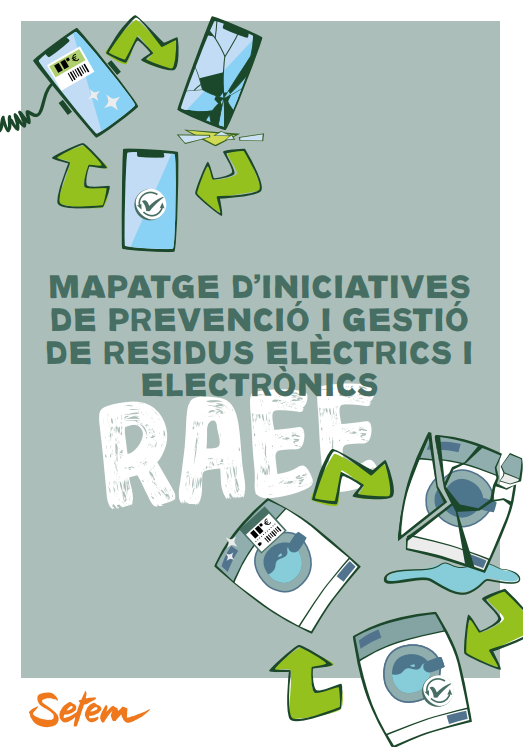In order to face the challenge posed by the growing volume of production of electrical and electronic equipment, we collect various proposals aimed at public administration, companies and manufacturers and consumers.
WeEE is the type of waste that is growing the most in the world. In 2019, an average of 53.6 million tons (Mt) of WEEE was generated globally, which means 7.3 kg per person. The global generation of WEEE grew by 9.2 Mt since 2014, and is expected to grow to 74.7 Mt by 2030, almost doubling in just 16 years.
The increasing amount of electronic waste is caused mainly by higher consumption of ESA, short life cycles of products, and few affordable repair options. Europe ranks first globally in terms of WEEE generation per capita, with 16.2kg per capita.
WeEE cross-border movements and associated impacts
In middle and low income countries, in some cases the management infrastructure of
Electronic waste is not yet fully developed. For this reason, a large part of the imported electronic waste is managed by the informal sector without the necessary equipment and protection. This causes soil, water and air pollution, causing serious damage to the environment, and infiltrating toxics into the food system, which generates serious effects on the health of workers, as well as the people and children who live, work and play near WEEE management centers.
The people behind our devices
Before becoming a waste, our devices have made a long journey to reach our hands. In this journey, serious events are currently taking place human and environmental rights violations. ESAs are mineral-intensive products and rare earths. The extraction of raw materials for the production of ESA has generated several socio-environmental conflicts in recent decades, especially in countries of the Global South: labor exploitation, lack of security, high exposure to toxics, child labor, unfair price, financing of armed groups, pollution, water and land grabbing, deforestation, among other damages. Women and children suffer from these impacts in an aggravated way, with extractive projects being a factor that perpetuates gender inequality.



